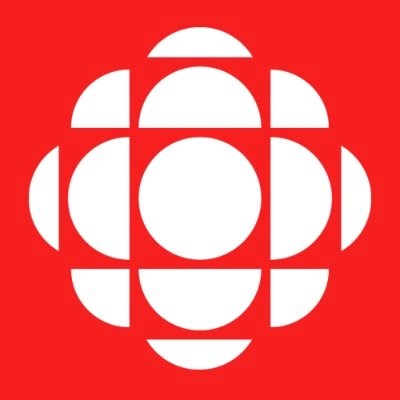Re: “Defunding CBC would be 'devastating' to news in rural Canada, network president warns,” Nov. 2.
If you listen to CBC radio outside of BC’s small ruling corner, you may believe you’re listening to local programing in the morning and afternoon. But you’re mostly wrong.
If you compare the local newscasts and interviews with the online Vancouver versions, you’ll learn that newsreaders and hosts throughout BC are mostly repeating, often word-for-word, scripts that come from Vancouver.
The CBC’s “local” programming is mostly fake.
And those interviews in which your local host appears to come up with questions for a guest? Most of them are fake, too.
If you listen to the Vancouver stream, and then the Kamloops version (or any other except sometimes Victoria), and then the one from here in Prince George, you’ll mostly hear the same guests answering essentially the same questions in the same sequence. The only real difference is the time slot.
Here’s what’s really happening: Your host is looking at a list of questions provided by Vancouver, which the guest knows are coming because it’s all been pre-arranged.
For most stories, the only thing that's local is the bank where the host deposits the big cheque.
Local hosts might phrase things a bit differently, and maybe they’ll throw in a few pauses to seem thoughtful, but it’s not authentic. They want you to think it’s homegrown and original but it it’s not.
This isn’t honest journalism. They’re misleading you by pretending to be what they’re not.
So when Catherine Tait, the highly paid president of the CBC, says defunding the CBC would be “devastating” to rural programming, she’s not telling the truth.
The premises of her claim are as fake as all the rest of the CBC's phony localism.
Boris DeWiel
Prince George



